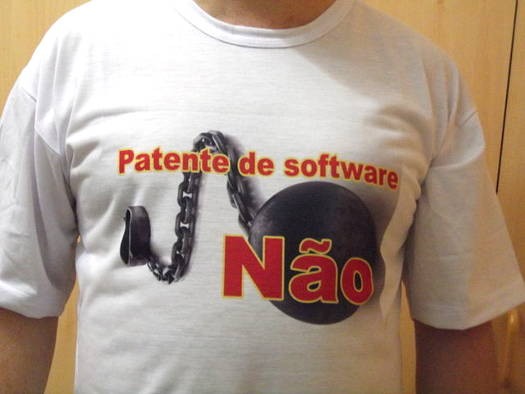FOSS Week in Review
With Bellingham, Washington getting geared up for next weekend’s show, can OSCON’s performance in Austin be far behind?
The Week in Review on a Saturday? Don’t worry, I’ve got a note from the phone company.
On Thursday afternoon, our phone company experienced a widespread outage of its fiber system, meaning FOSS Force had no telephone or Internet for about 24 hours. On Friday morning, I actually packed up a laptop and drove to the village of Pilot Mountain to use the secure We-Fi at my favorite coffee house, The Living Room, to edit and publish Phil Shapiro’s Friday column, and to finish editing and publishing another article which had originally been scheduled to go up on Thursday. Things are slowly getting back to normal, but I’m still behinder than I want to be.
But enough of the woes of FOSS Force. Let’s get on to some real FOSS news…




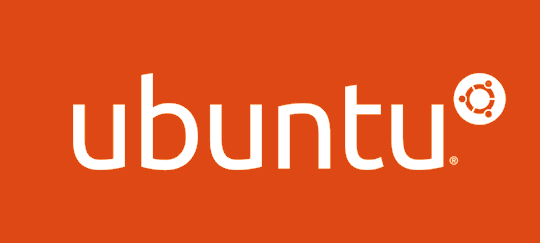


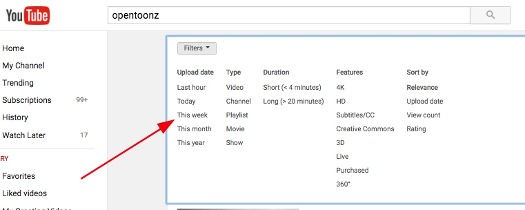
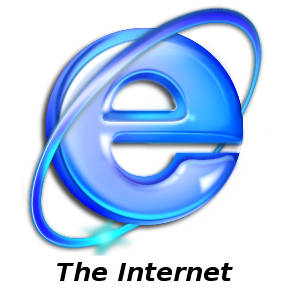
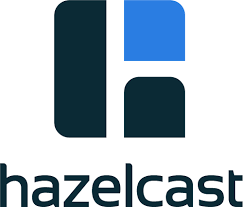
 Chariot has extensive open source experience, with many of its consultants actively contributing to key OS Java projects. Working with partners, the company advises clients on the evolving open source Java landscape, delivering tailored solutions which incorporate frameworks and tools that are commercially viable due to established community support and enhancement. Prior to signing an official partnership agreement, the two companies had worked together on several projects in telecoms and media.
Chariot has extensive open source experience, with many of its consultants actively contributing to key OS Java projects. Working with partners, the company advises clients on the evolving open source Java landscape, delivering tailored solutions which incorporate frameworks and tools that are commercially viable due to established community support and enhancement. Prior to signing an official partnership agreement, the two companies had worked together on several projects in telecoms and media.